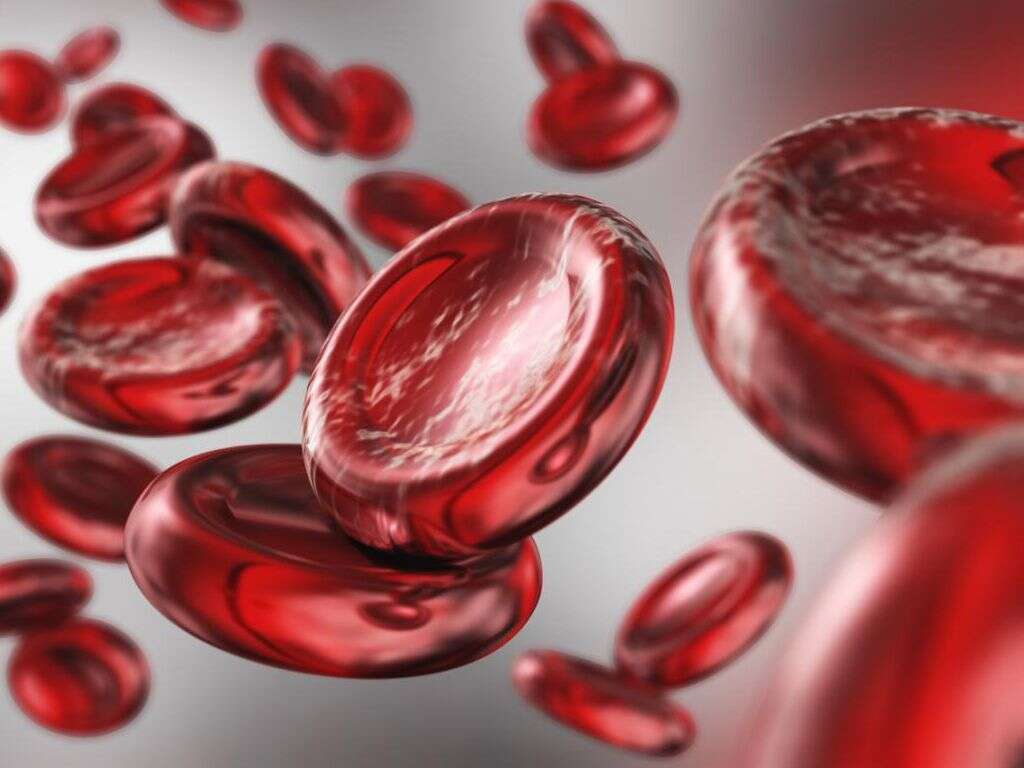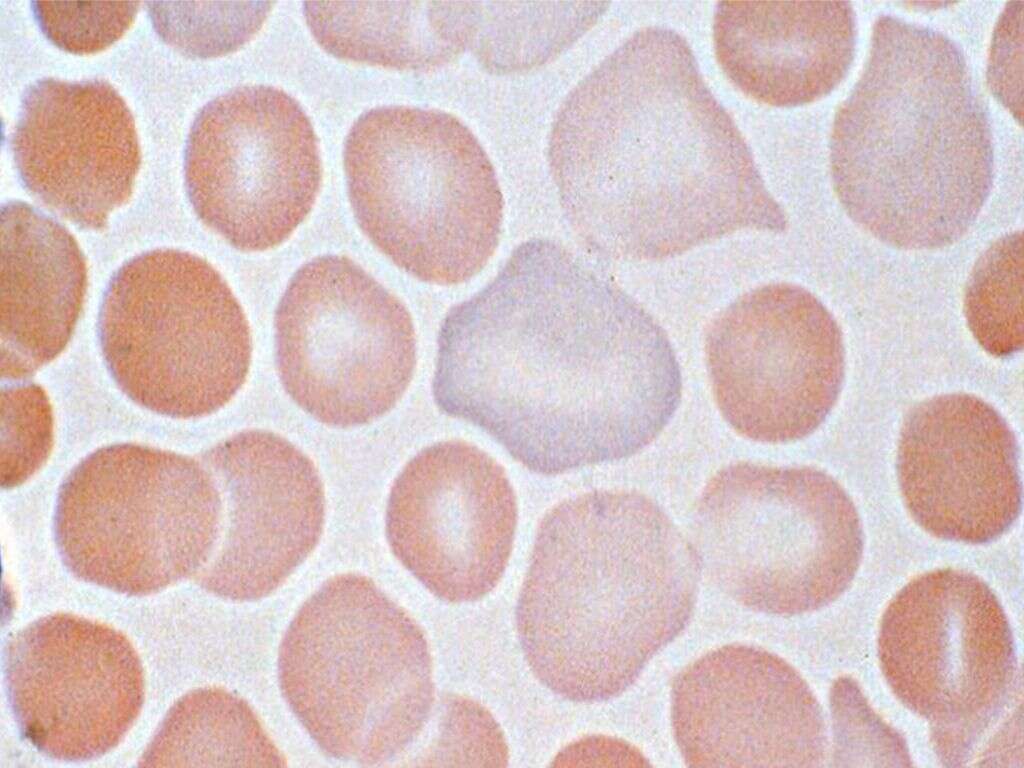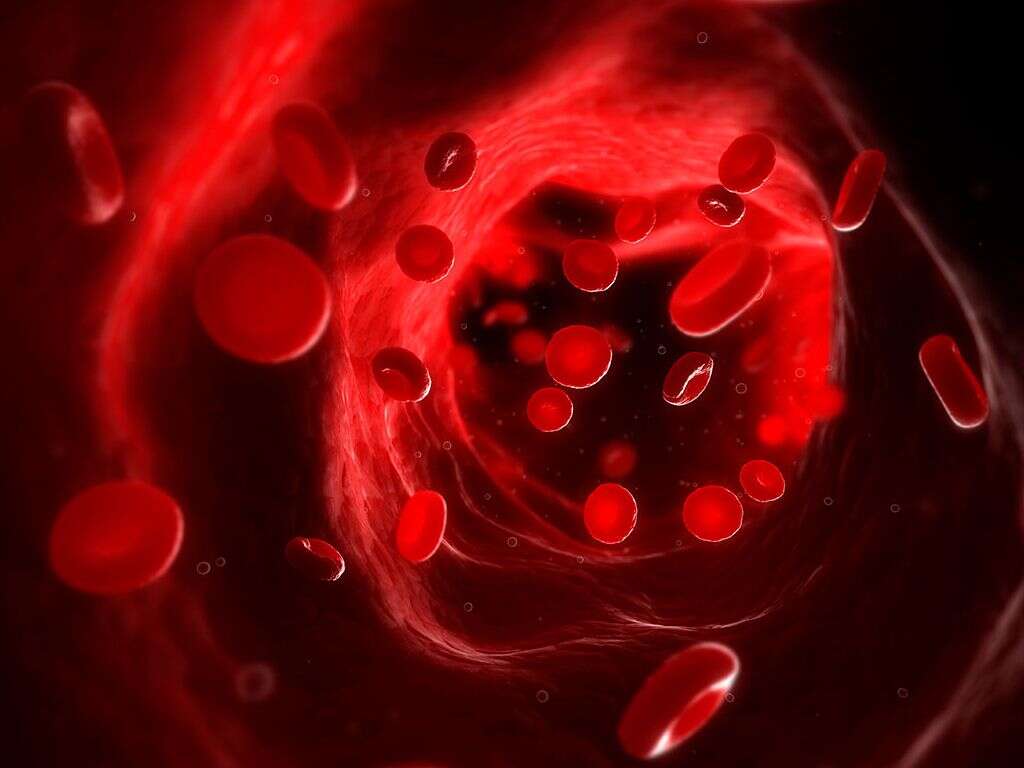10 Giant Cell Arteritis Symptoms
 Article Sources
Article Sources
- 1. 'Giant cell arteritis: Symptoms and causes.' Mayo Clinic, 2 Sept. 2020, www.mayoclinic.org/diseases-conditions/giant-cell-arteritis/symptoms-causes/syc-20372758
- 2. 'Giant cell arteritis.' MedlinePlus - Health Information from the National Library of Medicine, medlineplus.gov/ency/article/000448.htm
- 3. 'Giant cell arteritis.' Genetic and Rare Diseases Information Center (GARD) – an NCATS Program | Providing Information About Rare or Genetic Diseases, 21 Sept. 2018, rarediseases.info.nih.gov/diseases/9615/giant-cell-arteritis
- 4. 'Large-vessel giant cell arteritis: diagnosis, monitoring and management.' OUP Academic, 23 Feb. 2018, academic.oup.com/rheumatology/article/57/suppl/2/ii32/4898137
Stiff Muscles
Up to half of people diagnosed with giant cell arteritis also develop a condition called polymyalgia rheumatica. Although people can have giant cell arteritis or polymyalgia rheumatica separately, the two conditions commonly occur together.3‘Giant cell arteritis.’ Genetic and Rare Diseases Information Center (GARD) – an NCATS Program | Providing Information About Rare or Genetic Diseases, 21 Sept. 2018, rarediseases.info.nih.gov/diseases/9615/giant-cell-arteritis
Polymyalgia rheumatica involves pain and stiffness in the neck, upper arms, shoulders and hips. It can start suddenly overnight or come on gradually. It often goes away fully when giant cell arteritis has been addressed.2‘Giant cell arteritis.’ MedlinePlus - Health Information from the National Library of Medicine, medlineplus.gov/ency/article/000448.htm
Advertisement











